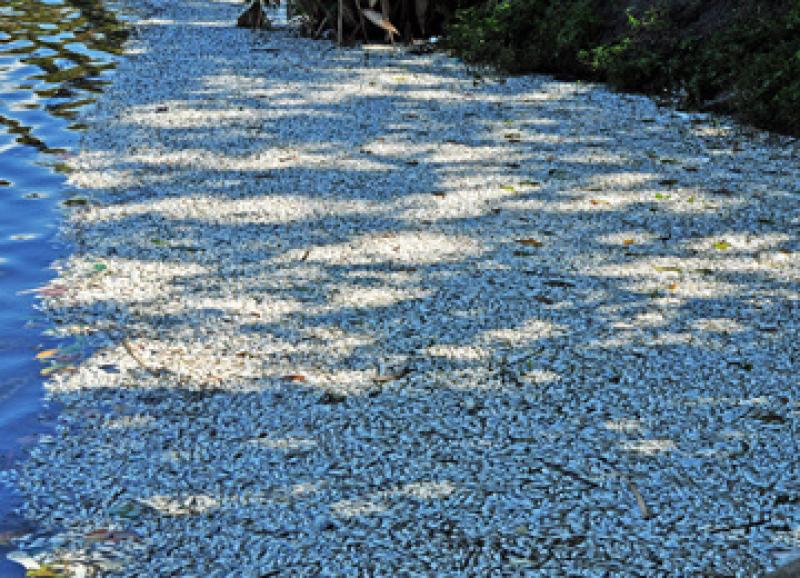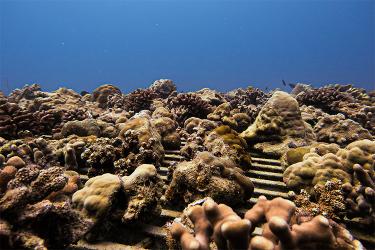NOAA scientists hosted a series of stakeholder workshops along the southwest Florida coast in late summer 2018. The goal of these workshops was to create an open dialogue for community members to share their observations and experiences to help guide future fishery research and management priorities. Fishermen voiced concerns about red tide impacts on fish populations, habitat, commercial and for-hire fishing industries, aquaculture, tourism and human health. This topic was especially relevant given these workshops happened during the 2017-2018 southwest Florida red tide event.
As a result, NOAA Fisheries initiated a new effort in response to the concerns and information gaps that were brought to light during the 2018 workshops. The agency’s social scientists and fishery biologists are engaging fishermen and coastal community members along Florida’s southwest coast in an oral history process to better understand the impacts of red tide. Scientists gain a better understanding of the local ecosystems by conducting interviews with fishermen about previous ride tide events.
The vast experience and local knowledge collected through these oral histories will ultimately help prepare fishermen for future events. The ecological information collected is also being used to better understand past red tide events and their effects on fishing practices and communities, and to understand how red tide blooms develop.

To date, 49 interviews have been carried out with fishermen in communities from Everglades City to Clearwater, Florida. Individual descriptions of historical red tide events are being compiled in a database which will give a comprehensive understanding of the past that can be applied to current and future studies. The database will contain information about the extent of red tide events in space and time, as well as associated characteristics like physical water conditions, the depth of the blooms, system recovery time, and the marine life impacted as a result of the blooms.
The information provided during these interviews is already being used in the current red grouper population assessment. It will also be used in ecosystem assessments and for economic impacts analysis to better understand how fishing has changed in response to events.

Scientists are also documenting the ways that fishermen have had to adapt their fishing practices and livelihoods to be able to cope with red tide events over time. Often fishermen are forced to go farther offshore to catch fish, which increases fuel and labor costs and/or they must switch target species. Some even go out of business and stop fishing altogether as was the case during last year’s red tide event.
By identifying ways fishermen respond and adapt to severe red tide events, we can communicate these to managers and develop strategies to increase the resilience of commercial and for-hire fishing industries and coastal communities. Many commercial and recreational fishermen expressed that a 2-3 month red tide forecast would be useful for their business planning.

Some explained how fishing permit flexibility could help them adapt operations if they have to change fishing patterns. For example, if they have multiple boats but only one has a federal fishing permit, and they have to go far offshore to avoid red tide, flexibility with fishing permits would allow them to save fuel costs by using another boat.

We are still conducting interviews. Please contact Matt McPherson (305-365-4112) or Mandy Karnauskas (305-361-4592) if you have historical knowledge of red tides in your area. The valuable information you provide will help us continue to understand the impacts of red tide events, and the challenges in adapting to severe events, so that we can continue to help communities better prepare.



